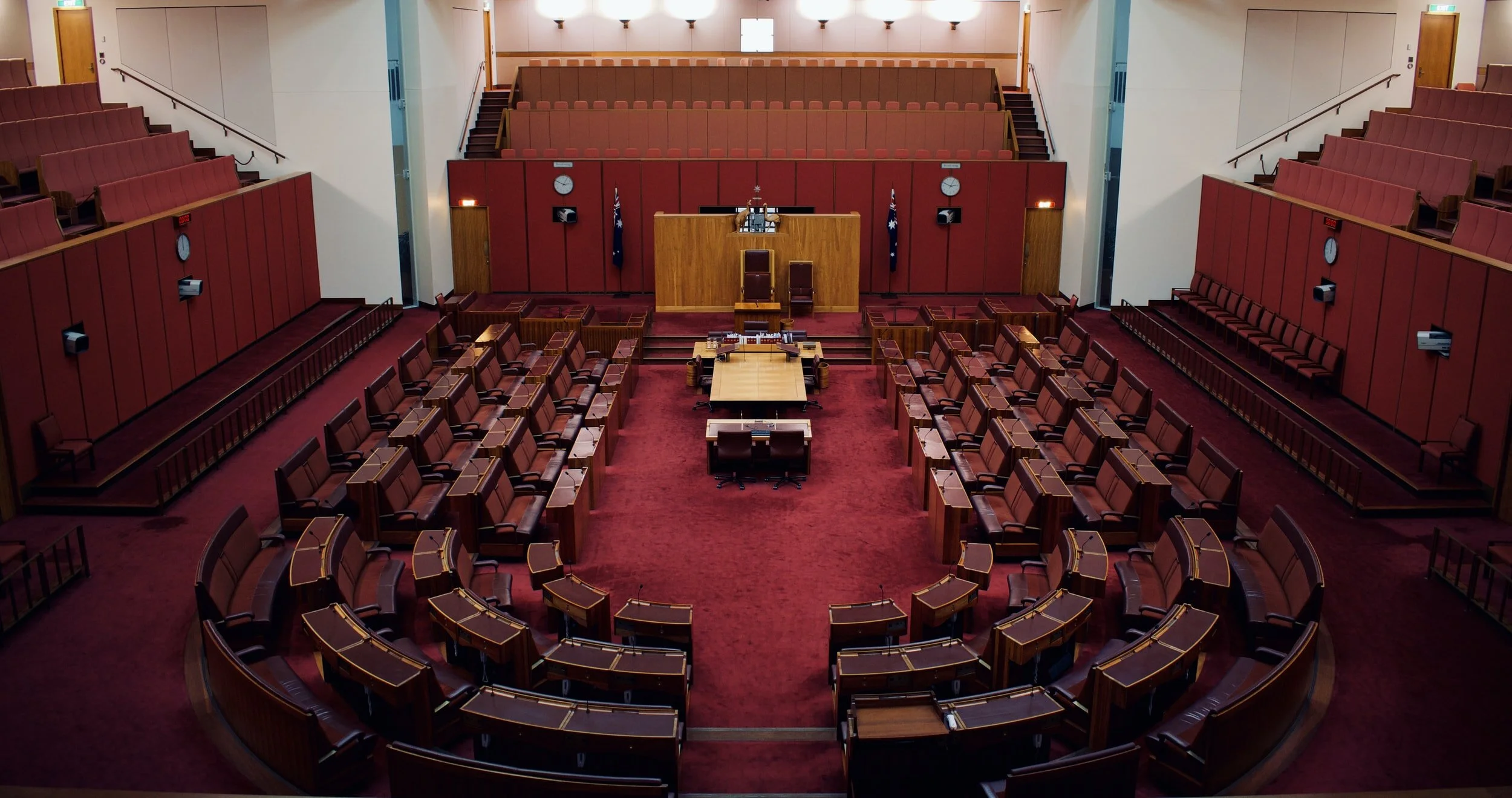What Does an Expert Witness Do?
Expert witnesses have special knowledge or skills through education or experience that is useful in some court cases. While most witnesses--also known as witnesses of fact--are restricted during their testimony to what they experienced, expert witnesses are expected to express opinions and draw conclusions as part of their testimony.
Duties of an Expert Witness
When expert witness services are engaged, they are expected to provide an independent opinion based on their specific area of knowledge. They will be given instructions by the court as to what they are to testify about. The expert witness will prepare a report that is submitted before the trial, and a copy is also provided to the opposition. An expert witness is required to be impartial and express informed opinions whether or not they support the side that hired them. They are ultimately responsible to the court rather than the defense or prosecution.
Restrictions on Expert Witnesses
Expert witnesses are not allowed to argue for a case or aid in discovery. They are not permitted to express an opinion on areas outside of their expertise, nor are they permitted to advise on a course of action. Expert witnesses are paid for their services, but they must not accept an appointment that constitutes a conflict of interest, and their compensation is not to be contingent on the outcome of the case. Expert witnesses work for the court, not the party that pays them.
Who Can Be an Expert Witness?
Anyone who is knowledgeable in a relevant field can be called upon to act as an expert witness. Whether or not someone is an expert is usually a matter of reputation, but that reputation must be supported by education, experience or a body of work. It is important to make sure that the area in question is one that the expert is truly knowledgeable about; otherwise, this may embarrass the expert and reflect badly on the case.
Requirements
In addition to submitting a report, demonstrating ability in the relevant area and making sure there is no conflict of interest, people who often serve as expert witnesses carry insurance to cover malpractice. This insurance will cover them in case their testimony is challenged on a technicality or error at a later date.
Because of their specialized knowledge, expert witnesses are often called on to testify in court cases. Their demonstrated education and experience make them an important part of the court system.
